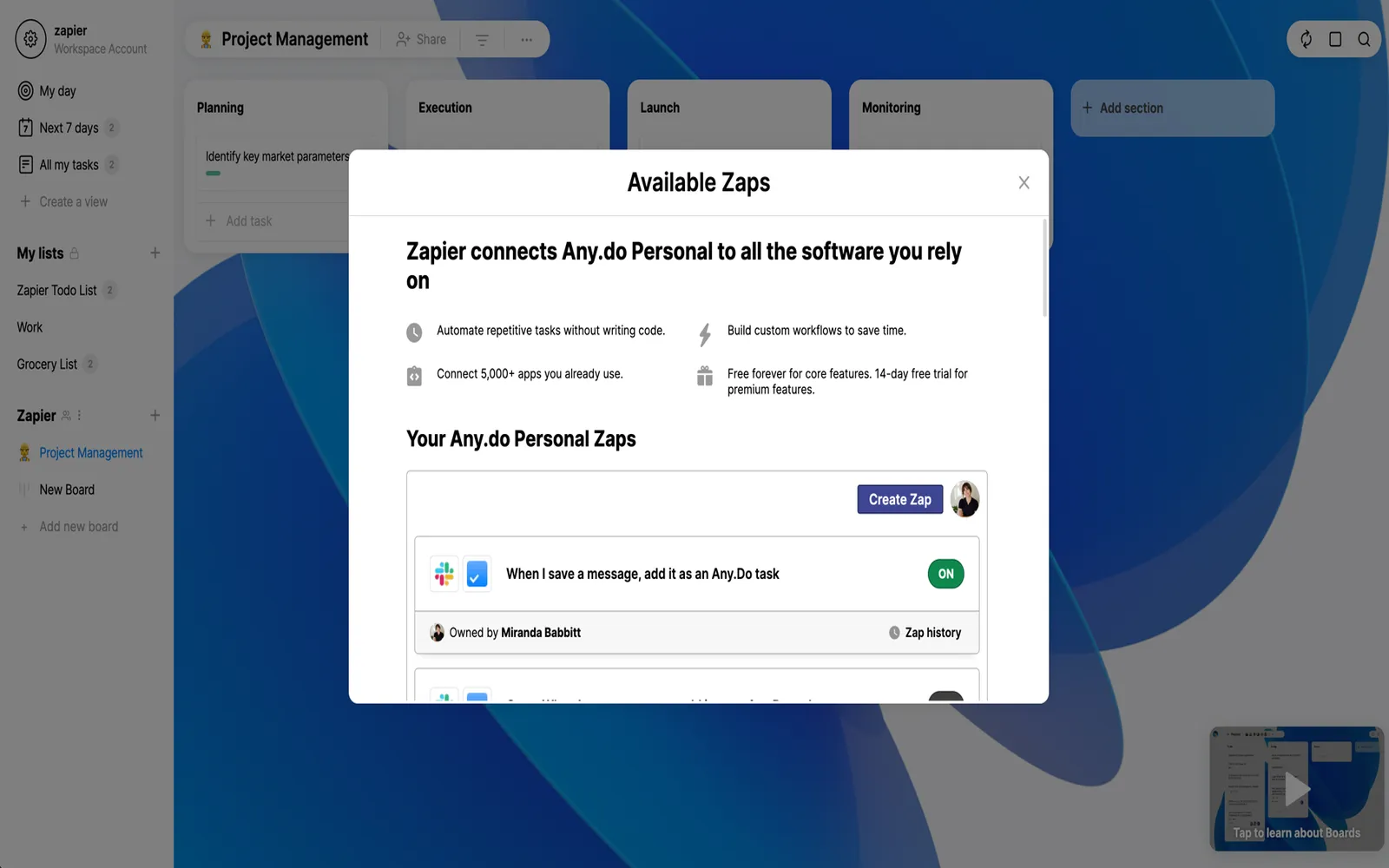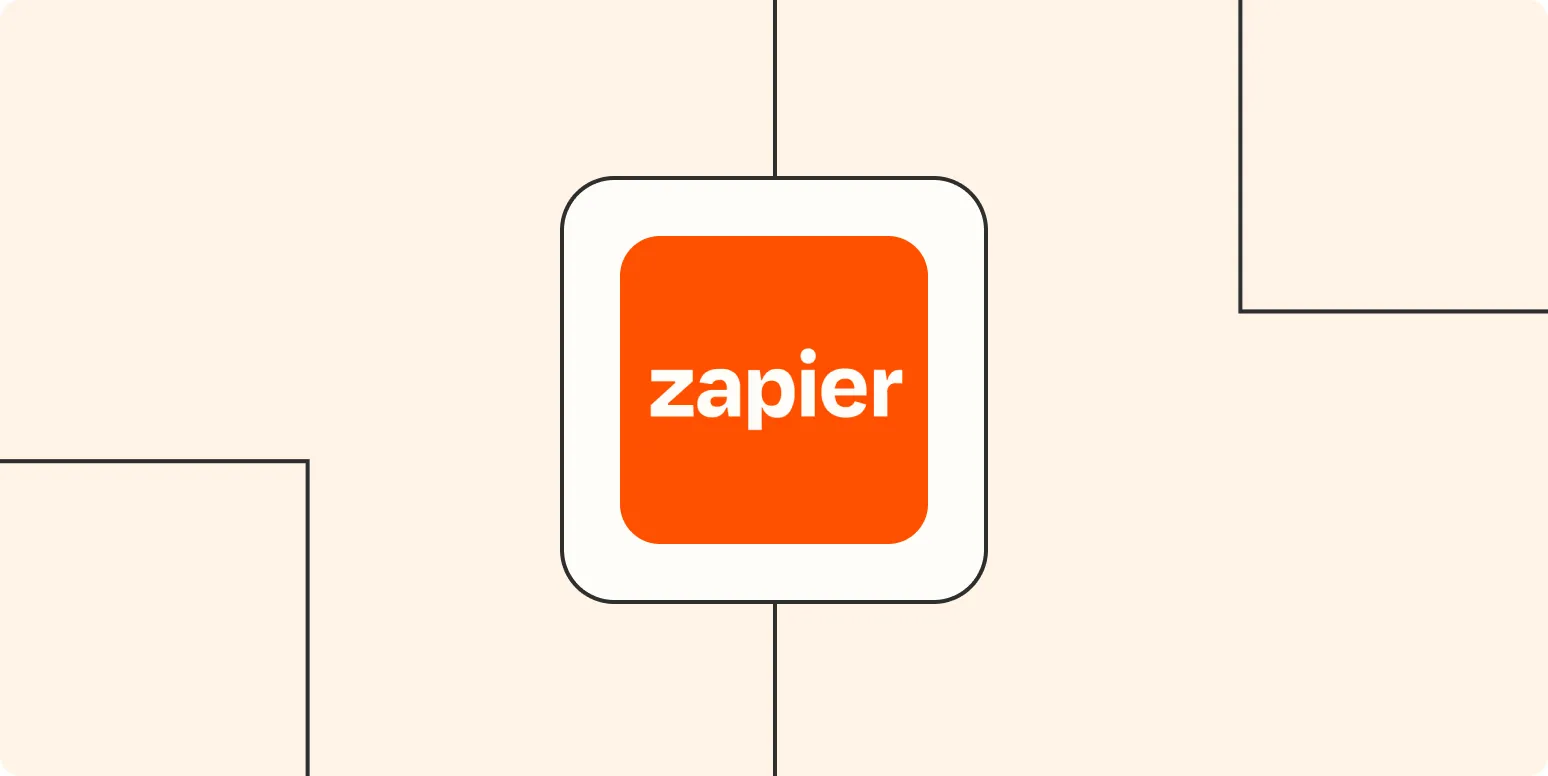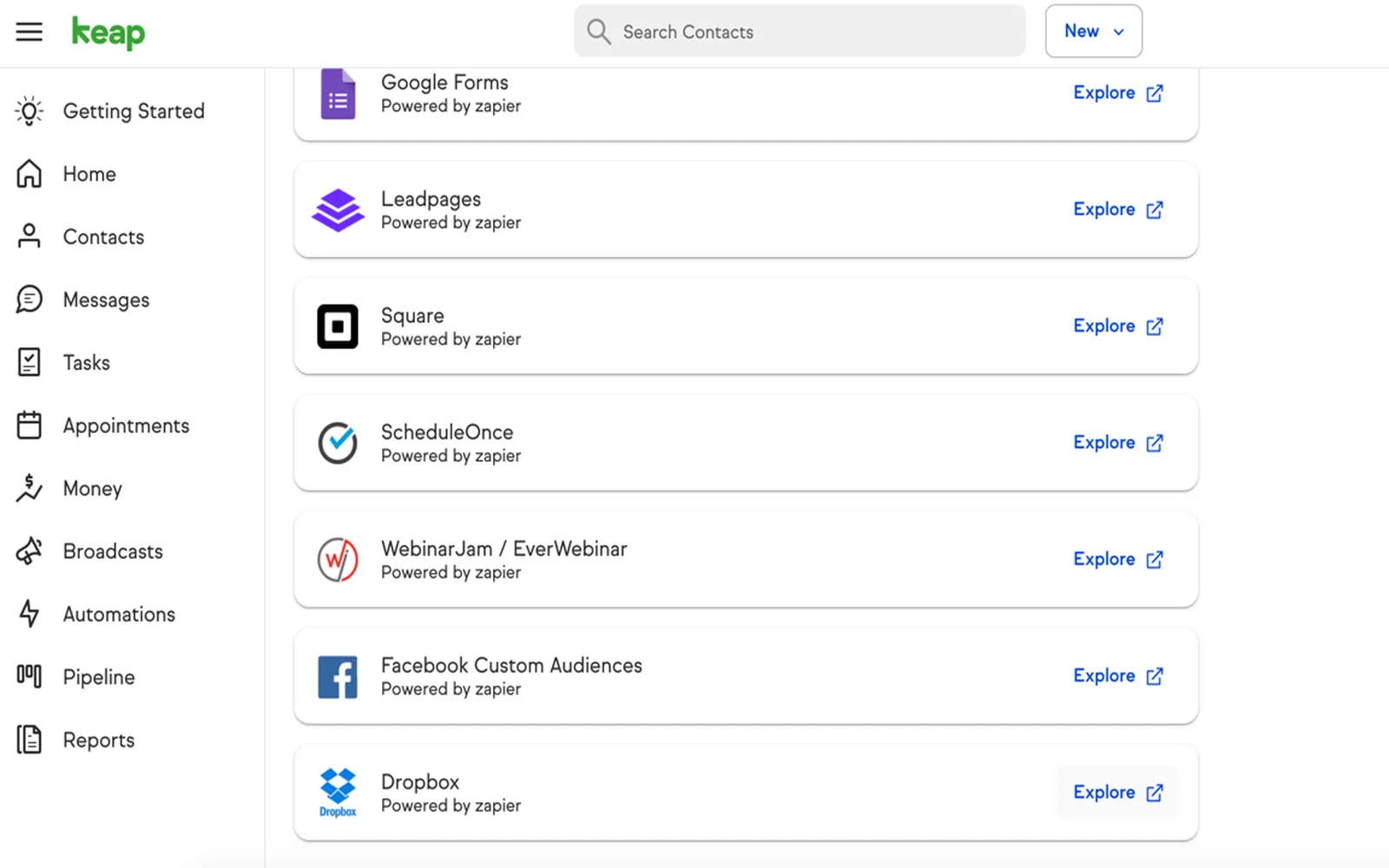Understanding Embedded End-to-End Automation
Embedded end-to-end automation refers to the integration of various automated processes within a system that streamlines operations from start to finish. By leveraging this technology, companies like Any.do and BrightHR have transformed their business models, enhancing operational efficiency and boosting overall revenue. This approach minimizes human intervention, reduces errors, and speeds up workflows, ultimately leading to a more productive environment.
The Role of Automation in Growth
Automation enables businesses to eliminate repetitive tasks and streamline their workflows. For Any.do and BrightHR, this has meant implementing solutions that not only automate routine operations but also provide valuable insights through data analytics. By utilizing embedded automation, these companies can focus on strategic growth rather than getting bogged down by day-to-day tasks.
For instance, Any.do has integrated automation into its task management platform, allowing users to automate reminders and scheduling. This not only enhances the user experience but also increases engagement, leading to higher retention rates. Similarly, BrightHR automates HR processes, such as onboarding and employee management, resulting in significant time savings and improved employee satisfaction.
The Impact of Content and User Engagement
Content plays a pivotal role in engaging users and driving organic traffic. Both Any.do and BrightHR have recognized the importance of delivering valuable content that resonates with their audience. By creating informative blogs, tutorials, and user guides, they have established themselves as thought leaders in their respective fields.
Moreover, embedding automation within their content strategies allows these companies to personalize user experiences. By analyzing user data, they can tailor content recommendations based on individual preferences, which further enhances user engagement and retention.
| Company | Automation Features | Content Strategy |
|---|---|---|
| Any.do | Task automation, reminders, scheduling | Informative blogs, tutorials, user guides |
| BrightHR | HR process automation, onboarding | Case studies, industry insights, webinars |
Revenue Growth Through Efficiency
Implementing embedded end-to-end automation has had a significant impact on revenue for both Any.do and BrightHR. By streamlining their operations, these companies have reduced costs and increased efficiency, allowing them to allocate resources more effectively.
For example, automation in customer service has enabled Any.do to handle a larger volume of inquiries without the need for additional staff. This scalability ensures that the company can grow its user base without incurring proportional increases in operational costs. Similarly, BrightHR's automation of HR tasks allows for a leaner workforce, enhancing profitability while maintaining high service standards.
Data-Driven Decisions
Another significant advantage of embedded automation is the wealth of data it generates. Both Any.do and BrightHR utilize this data to make informed decisions that drive further growth. By analyzing user behavior and feedback, they can identify areas for improvement and adjust their strategies accordingly.
This data-driven approach not only improves operational efficiency but also enhances customer satisfaction. For instance, Any.do can track which features are most used and prioritize updates accordingly, while BrightHR can monitor employee engagement levels to refine their HR offerings.
Challenges and Solutions in Automation
While the benefits of embedded end-to-end automation are clear, challenges do exist. Both Any.do and BrightHR faced hurdles in the initial stages of implementation, such as integration with existing systems and ensuring user adoption.
To overcome these challenges, Any.do focused on user-friendly design and intuitive interfaces, ensuring that automation features were easily accessible. BrightHR invested in training programs to help employees adapt to new automated processes. These proactive measures facilitated smoother transitions and fostered a culture of innovation.
Conclusion: The Future of Automation in Business
As Any.do and BrightHR continue to innovate with embedded end-to-end automation, their growth trajectory seems promising. The integration of automated processes not only enhances operational efficiency but also positions these companies as leaders in their respective markets.
Moving forward, the focus on automation will likely expand across various sectors, as businesses recognize the need to adapt to rapidly changing environments. By embracing automation, companies can ensure their long-term sustainability and success, ultimately driving revenue growth and improving customer satisfaction.





